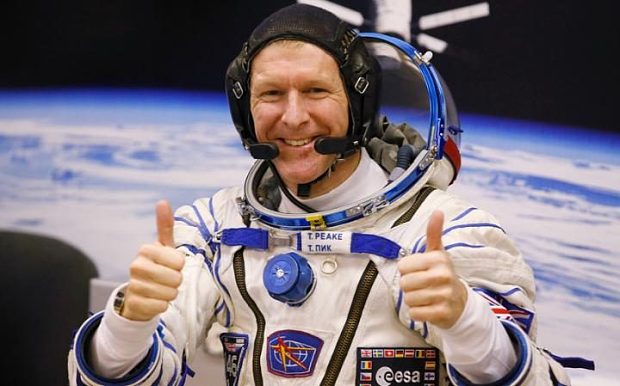Friends of ours are amazed at the number of clocks and mirrors we have in our house. Well, I suppose the clocks make sense – I always take off my watch whenever I come into the house. But the mirrors? Are we vain? Perhaps. There are certainly mirrors that I avoid as they make me feel rather overweight! Not at all flattering.
At the fairground, we often have halls of mirrors which distort our bodies in amusing ways. These are so extreme that no one can feel undermined!
In the story of the ugly duckling we have a baby bird that is shunned by the other ducks as his appearance is not right! Until one day he looks at his reflection mirrored in the water and realises he is a beautiful swan. He hadn’t realised something that others could see.
So ‘mirrors’ can be other people and how they react to us. We have a self-view but others will see us as they experience us. If they are open to us as an individual then their response can be a useful tool for us to tackle some of our annoying habits and to acknowledge our strengths and good characteristics. But if they only see our disability, our colour, our religion, our sexual orientation, our politics or even our football team and judge us as a category and not as an individual then that is potentially destructive – either of our self-esteem – or sadly, of our tolerance for them or even ‘them’ as a group.
What I find disturbing about the ugly duckling story is the judgement that someone (in this case a young bird) was ‘ugly’ and to be shunned or made fun of simply because he was different. At the time of writing this, we have just had the Brexit vote and worryingly a big rise in racial abuse and violence has followed. Distrust of others is not a new thing. Sadly it seems to be part of our human make-up, certainly our cultural make-up. Not just in England but throughout every culture. We all have our own personal likes and dislikes. Sometimes these are based on bad experiences and as long as we acknowledge how we feel – but try and act fairly, then that, surely is OK. After all, there are people I don’t’ like (and certainly those who don’t like me!) but I wouldn’t wish any one of them any harm – and would even help them if they I could.
What I do for someone doesn’t depend on whether I like them or even approve of them. Thus I try and avoid being prejudiced in what I do even though I have strong views about quite a few things.
John Belfield, Catholic Deacon, King’s Lynn
 There has been much in the news recently about British astronaut Major Tim Peake and his arrival on the International Space Station. Personally, I would rather keep my feet firmly on planet earth! But there is something about space that has always fascinated and inspired us. When we see pictures of the earth from space it can make us feel incredibly small, but when we consider the mind-blowing vastness of the universe it is hard to see our significance at all. For me, the beauty of our world in its intricate detail and complexity, is best explained by the existence of a Creator. But would the Creator of such vastness be interested in us? The Bible answers that question clearly when it says, “Even before he made the world, God loved us and chose us in Christ to be holy and without fault in his eyes. God decided in advance to adopt us into his own family by bringing us to himself through Jesus Christ. This is what he wanted to do, and it gave him great pleasure.” (Ephesians 1:4-5)
There has been much in the news recently about British astronaut Major Tim Peake and his arrival on the International Space Station. Personally, I would rather keep my feet firmly on planet earth! But there is something about space that has always fascinated and inspired us. When we see pictures of the earth from space it can make us feel incredibly small, but when we consider the mind-blowing vastness of the universe it is hard to see our significance at all. For me, the beauty of our world in its intricate detail and complexity, is best explained by the existence of a Creator. But would the Creator of such vastness be interested in us? The Bible answers that question clearly when it says, “Even before he made the world, God loved us and chose us in Christ to be holy and without fault in his eyes. God decided in advance to adopt us into his own family by bringing us to himself through Jesus Christ. This is what he wanted to do, and it gave him great pleasure.” (Ephesians 1:4-5)